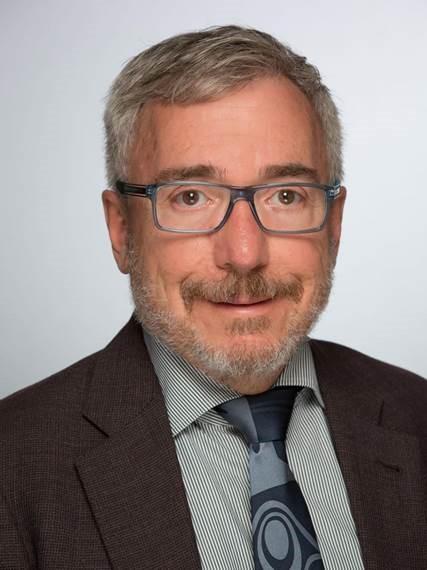At the beginning of March, 2019, Vancouver Island University welcomed Dr. Philip Oxhorn into the position of Dean, International Education. He came to us from McGill University where he was serving as Associate Provost (International) and served numerous roles as a Professor in the Faculty of Political Science where he worked for 29 years. His enduring passions are teaching and mentoring university students and researching the geopolitical climate in Latin America. He participated in our VIU Points questionnaire so we could get to know him better.
1) What originally sparked your interest in Latin America?
Two things sparked my interest in Latin America when I was an undergraduate student. The first was that my favorite teacher at university worked on Latin America and he became an academic role model for me. The other was that I discovered a whole body of literature called “dependency” theory that was written by Latin American social scientists who were trying to explain the region’s problems of authoritarian governments, inequality and poverty. I was always interested in progressive social change, and this really caught my imagination. Over the years I was even able to work with many of them, the so-called “dependistas.”
2) What are you immediate plans for the Faculty of International Education? The first is to learn more about its numerous activities. The last thing I would want to do was try and make any changes without first understanding better how the Faculty functions, its strengths (there are a lot) and the immediate challenges that it might be facing. That said, I have two general goals: one is to increase the number of students attending VIU from Latin America and Africa, two regions which are under-represented here and that I know well. The second is to increase the academic profile of the Faculty by promoting, with the collaboration of other faculties, new programs that will be of interest to international and domestic students, particularly at the level of graduate studies and with the general theme of promoting social innovation.
3) What would you be doing if you had not taken this career path? <we ask everyone a variation on this question> I most likely would have become a lawyer and would be practicing law. Many of my friends from my undergraduate days chose this career path, and I was more-or-less committed to it as well. Then one day I realized I would love teaching and doing research on the politics of Latin America.
4) What do you admire about yourself? <we ask everyone this question> I feel that I am a good at solving problems by trying to build consensus. This not only produces better solutions. It also creates buy-in from those affected by the problem and helps avoid panicky, knee-jerk reactions.
5) One of VIU’s values is Global Perspectives. What does this mean to you and why is it important? <we ask everyone about one of VIU’s values>. To me, global perspectives means several things. First, it means recognizing that the challenges we face will require concerted, global action if we are going to be able to respond successfully. Whether it be global climate change, meeting the UN’s Sustain Development Goals or dealing with a myriad of public health issues, to name just a few, no country can isolate itself from the consequences of failing to address our most pressing challenges and we all must become involved if we are to find lasting solutions. Second, global perspectives requires that we learn to treat people who are in some sense “different” from us with respect, and recognize how we can learn from one another in order to enrich our lives and promote positive social change. Global perspectives are more essential today than ever before. Without them, our divisions will only deepen, with the threat of rising levels of violence and increased human suffering.

